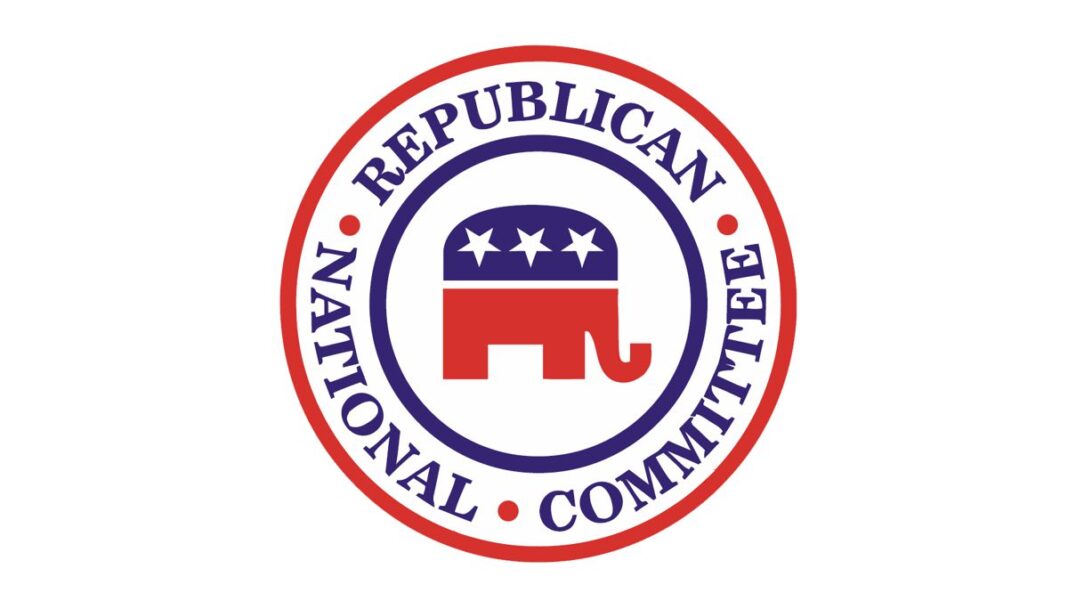Our 2024 presidential candidates present tax reform as a slogan, ‘No taxes on tips,’ and vague statements about lowering tax rates, reducing deductions, imposing more tariffs on imported goods, and eliminating taxes on Social Security. These proposals, while well-intentioned, barely scratch the surface of our convoluted tax code. The real tax reform lies in revisiting our roots and reinstating the four-page Form 1040 and instructions, the first income tax form introduced in 1913 when citizens began filing federal income tax returns.
The 1913 Form 1040, a three-page document with one-page instructions, is a model of simplicity and fairness. It offers only a few deductions and low rates. It is easy to navigate if you can read, add, and subtract. It provides an immediate understanding of the tax owed, ensuring that every taxpayer pays the same low rate on a sliding scale regardless of income. This straightforward, progressive approach is the key to its success.
Our first tax form, Form 1040, was issued in 1913. It offers hope in the complex world of taxes. Its simplicity, fairness, and ease of understanding are the key benefits of fundamental tax reform.
Simplicity: Four pages vs. the current tax labyrinth.
The current Federal Income Tax Code (‘ tax code’) is a burden on the citizens it’s meant to serve. As printed by the Government Printing Office, it spans 2,652 pages. The Tax Foundation estimates the text of the Code to be well over 1 million words. However, to fully understand the Code, one must comprehend the regulations and IRS opinions, which total 9,000 pages and around 4 million words. The Commerce Clearinghouse compilation of these materials is 70,000 pages, including notations. It takes Americans 6.6 billion hours to complete the forms needed for filing. The taxpayer’s compliance, time value, and consultants are estimated to cost taxpayers $ 413 billion annually. This is a heavy price for a system far from transparent or fair.
The current tax labyrinth is a mishmash of provisions without a purpose.
The current tax code taxes some of the working man’s income and exempts much of the income of the hedge fund manager with its carried interest provisions, and now politicians want to exempt all tip and Social Security income. What is the purpose of the tax code? Is it to collect money to run the government, or is it a mechanism for politicians to collect money from taxpayers and send it to special interests through exemptions, subsidies, and grants? If it were to fund the government, it would tax all income at low rates and make compliance easy. The 70,000 pages of Code, regs, and explanations belie clarity and reason.
Examples of the types of income annually exempt from taxation:
Employer-paid health insurance – $192 billion
Capital gains taxed at lower rates – $183 billion
Exclusion of net-imputed rental income – $123 billion
The stepped-up basis on Estate taxes – $113 billion
Defined employer contribution plans – $80 billion
Child care credits – $70 billion
Home mortgage deductions – $60 billion
Carried interest lowers tax rates for private equity and hedge fund managers by $1.4 to $18 billion annually. The Senate Finance Committee estimates the cost to the Treasury to be $6.3 billion.
By 2032, over $1 trillion in tax credits will be awarded to green energy projects, or $100 billion annually.
The deductions and credits listed above are a portion of income exempted from taxation and total over a trillion dollars annually. The taxpayers who do not fit into these categories are taxed more to offset the taxes lost by exempting certain income categories.
There are several ways to achieve tax reform.
The several tax proposals to revise the tax code merely tinker with the current progressive tax structure, which has more holes than the proverbial Swiss cheese. One option is the Flat tax, which would be the same rate regardless of income. The current plans have the flat tax imposed only on wages. It would exclude all taxes on capital gains and investment income. The business community supports this tax since it imposes all income taxes on the worker while exempting all capital from taxation.
The Fair Tax is not an income tax. It would replace all existing income and payroll taxes with a single consumption tax. This tax is more regressive and hits the poor harder since more of their income is spent on purchasing necessities. It also places the collection burden on the business community.
During the 2024 campaign, one candidate proposed eliminating all significant portions of the tax code and replacing the lost revenues with a tariff on imports. The proposal was quickly dismissed as causing massive price increases and inflation. One critic calculated that to replace the $3.0 trillion in revenue raised from individual and corporate income taxes with a tariff, the average tariff would need to be 85% on all imported goods, leading to economic chaos.
A broad-based tax system, like the 1913 income tax, ensures that all levels of society contribute a reasonable amount to the government. This sense of shared responsibility fosters a fair system that benefits everyone. Returning to this model can lower tax rates for everyone, making the system more equitable and transparent.
An alternative that politicians rarely discuss is a return to the 1913 four-page tax return. It taxed all gross income from whatever source and had few deductions, i.e., necessary business expenses, interest paid on personal indebtedness, losses during the year, unpaid debts deemed worthless, and depreciation on property and business equipment. Unlike the Fair Tax and Flat Tax, it is a progressive rate. In 1913, the rates ranged from 1% for the lowest income earners to 6% for the highest earners. Moreover, since it taxes all income, all levels of society pay some taxes to support their government.
While the Treasury Department has not modeled the 1913 Form 1040 to determine the rates needed to replace the $3,0 trillion raised by the current tax system, the Tax Policy Center (“TPC”) has modeled a broad-based income tax. If Congress enacted a broad-based tax reform, TPC estimates that the current bottom income tax rate would be reduced from 10% to 6.6%, the middle rate would be reduced to 16% from the current 25%, and the top rate would be reduced from 35% to 23%.
To protect low-wage earners, all income below 150% of the poverty level would be exempt from taxation. By only taxing income above 150% of the poverty level for a family of four, about $46,000, lower-income individuals would have an incentive to work. Such an exemption would have little impact on the government’s tax revenue since that income level pays almost no income tax.
Adopting the 1913 income tax Form 1040 would have many side benefits. Specifically, billions of hours of tax preparation would be dramatically reduced or eliminated. The IRS would no longer need the recently appropriated $80 billion for 20,000 new agents since compliance and enforcement would be simple and easy. More importantly, such a simple Form 1040 would create trust in the government since all individuals would be subjected to the same rates for their level of income.
The most significant impact of a simple income tax form and low rates is when Congress raises taxes; every American would immediately understand the additional cost of government action.
While everything depends on the number of allowed deductions, it is possible to have a progressive tax that is easy to apply and comply with, reduces the marginal rates substantially, and produces the same amount of income for the federal government.
Tax simplification will start to restore trust in government.
The present tax system reminds every taxpayer of the federal government’s unfairness. Whether the unfairness is real or not, 56% of Americans believe the current tax system is “complex, incomprehensible, and unfair.” Moreover, “An even larger proportion, 60 percent, felt that some corporations and wealthy people don’t pay their fair share of taxes.” The IRS supports this belief that wealthy people and corporations account for most unpaid taxes.
For the American public to believe its federal government is fair to citizens of all ranks, it should finance the government with a broad tax that collects a reasonable amount of money from almost every member of society. Such a broad-based system allows the federal government to rationally reform an on-its-face discriminatory tax code into a transparent process of collecting the money to run the government.
William L. Kovacs, author of Devolution of Power: Rolling Back the Federal State to Preserve the Republic. It received five stars from Readers’ Favorite. His previous book, Reform the Kakistocracy, received the 2021 Independent Press Award for Political/Social Change. He served as senior vice president for the U.S. Chamber of Commerce and chief counsel to a congressional committee. He can be contacted at wlk@ReformTheKakistocracy.com
Key Word: Tax Reform
Tags: No-tax-on-tips, IRS, Income Tax, IRS form 1040, Fair Tax, Flat Tax
Meta Description: The 2024 tax reform proposals are slogans, not real tax reform. Real reform would be reinstating the simple 1913, 4-page 1040, with low rates and few deductions.







